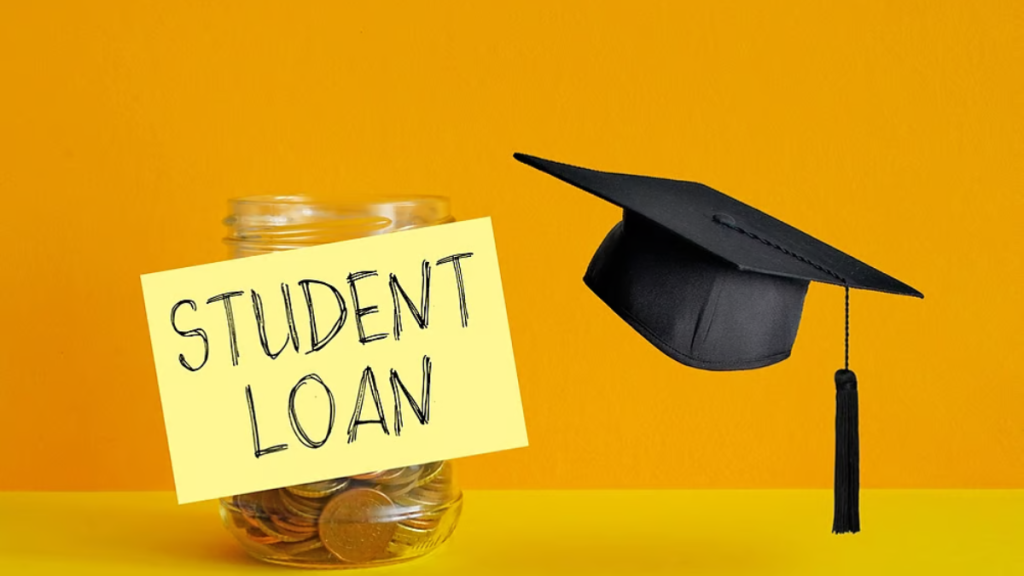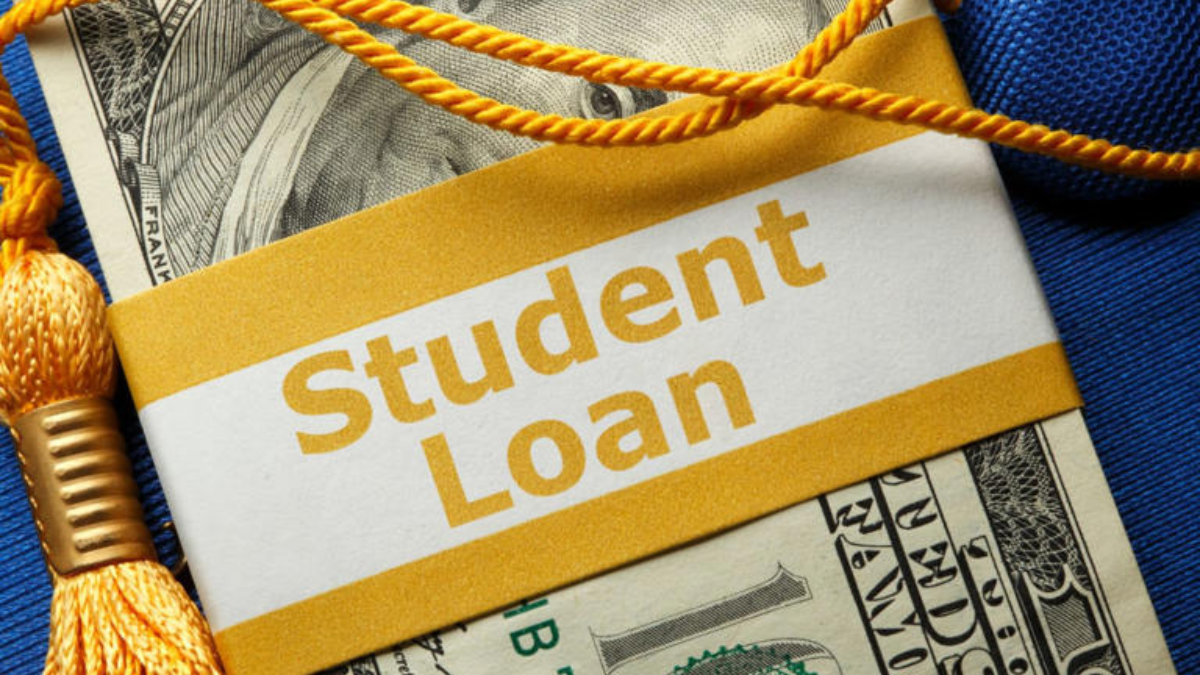Student loan debt can feel like a heavy burden, but paying off your loans faster is within reach with the right strategies. Whether you have federal student loans, private loans, or a combination of both, making extra payments and adjusting your repayment plan can accelerate your path to financial freedom.
1. Refinance Your Student Loans
Refinancing your student loans is one of the quickest ways to pay off your debt faster. By refinancing, you replace your current loans with a new loan at a lower interest rate. This can reduce the amount of interest you pay over the life of the loan, allowing you to pay off your student loans faster.
- How it works: If you have a good credit score and stable income, refinancing can significantly lower your interest rate. Some lenders offer rates as low as 3%, which is a huge savings compared to federal student loan rates that can be as high as 7% or more.
- Benefits: Lower monthly payments, reduced overall interest costs, and the potential to pay off your loan quicker.
- Caution: If you refinance federal loans, you lose access to federal protections like income-driven repayment plans and loan forgiveness programs.
2. Make Extra Payments Each Month
One of the simplest ways to pay off your student loans faster is by making extra payments every month. Even an extra $50 to $100 a month can make a significant difference over time. By paying more than the minimum required payment, you reduce the principal balance faster, which in turn reduces the amount of interest you will pay over the life of the loan.
- How it works: When making extra payments, make sure they are applied to the principal balance of the loan. Some loan servicers may apply the extra payment to future payments instead of the principal, so it’s essential to specify how the extra payment should be applied.
- Benefits: Faster loan payoff, reduced interest charges, and greater control over your repayment schedule.
- Caution: If you have multiple loans, prioritize high-interest loans first to maximize savings.
3. Switch to Biweekly Payments
Rather than making monthly payments, switch to a biweekly payment plan. This method involves paying half of your monthly payment every two weeks instead of making one full payment each month. This results in 26 half-payments, or 13 full payments per year, instead of the usual 12.
- How it works: By paying biweekly, you end up making one extra full payment each year, which can significantly speed up the repayment process.
- Benefits: Reduced loan term, lower interest costs, and faster payoff.
- Caution: Make sure your loan servicer allows biweekly payments, and confirm that the extra payments go toward the principal balance.
4. Apply for Income-Driven Repayment (IDR) Plans
If you have federal student loans and are struggling to make your monthly payments, consider applying for an income-driven repayment (IDR) plan.
These plans base your monthly payment on your income and family size, potentially lowering your payment and allowing you to allocate more money toward paying off your loan faster.
- How it works: There are several IDR options, including Income-Based Repayment (IBR) and Pay As You Earn (PAYE), which adjust your payment based on your earnings. These plans can lower your monthly payment if you qualify.
- Benefits: Affordable monthly payments based on income, the possibility of loan forgiveness after 20-25 years of payments.
- Caution: While IDR plans may lower your monthly payments, they can extend the term of your loan and result in higher overall interest costs over time.

5. Use Windfalls to Pay Off Your Loan
If you receive any unexpected financial windfalls, such as tax refunds, work bonuses, or gifts, consider using that money to pay off your student loans.
Applying windfalls directly to your student loan balance can make a substantial impact and reduce your debt much faster than regular monthly payments.
- How it works: When you receive a windfall, put it toward your loan principal to reduce your balance and interest costs.
- Benefits: Significant reductions in your loan balance, faster repayment, and more financial freedom.
- Caution: Before using windfalls, ensure you have an emergency fund in place for unexpected expenses.
6. Pay Off High-Interest Loans First
If you have multiple student loans, focus on paying off the high-interest loans first. This strategy, called the “avalanche method,” helps reduce the total amount of interest you pay over time.
Once the high-interest loans are paid off, you can direct the extra funds toward your remaining loans, speeding up the repayment process.
- How it works: List your loans by interest rate and pay extra toward the loan with the highest rate. Continue making minimum payments on the others until the highest-interest loan is paid off.
- Benefits: Reduced interest payments, quicker loan payoff, and more savings in the long term.
- Caution: If you have multiple loans with similar interest rates, consider paying off the smallest loan first for a psychological boost, known as the “snowball method.”
7. Set Up Automatic Payments
Many loan servicers offer a 0.25% interest rate reduction if you sign up for automatic payments. While this may seem small, over the life of the loan, it can add up to substantial savings. Additionally, automating your payments ensures you never miss a due date, which can help you avoid late fees and interest charges.
- How it works: Set up automatic payments directly from your bank account to ensure timely monthly payments.
- Benefits: Lower interest rates, consistent payments, and avoidance of late fees.
- Caution: Ensure your bank account has enough funds to cover automatic payments each month to avoid overdraft fees.
Conclusion
Paying off student loans faster requires dedication, strategic planning, and consistency. By implementing these proven strategies, you can reduce the total interest paid over time, lower your loan balance more quickly, and achieve financial freedom sooner.
Whether you choose to refinance, make extra payments, or apply unexpected windfalls, every step brings you closer to eliminating your student debt.
By following these tips, you can take control of your student loans and make faster progress toward becoming debt-free.
For more information on student loan repayment strategies and options, visit Federal Student Aid and NerdWallet.
Disclaimer – Our team has carefully fact-checked this article to make sure it’s accurate and free from any misinformation. We’re dedicated to keeping our content honest and reliable for our readers.
